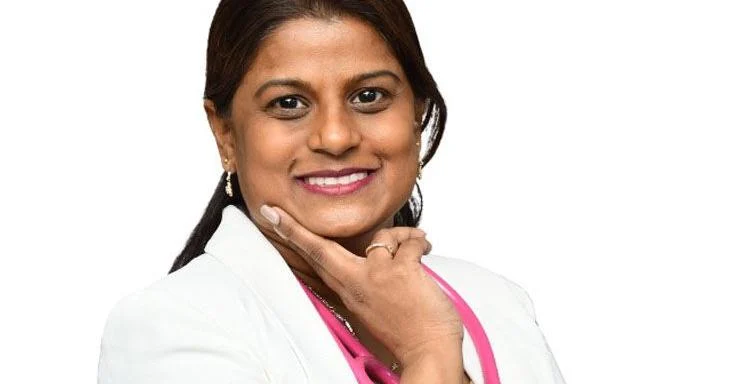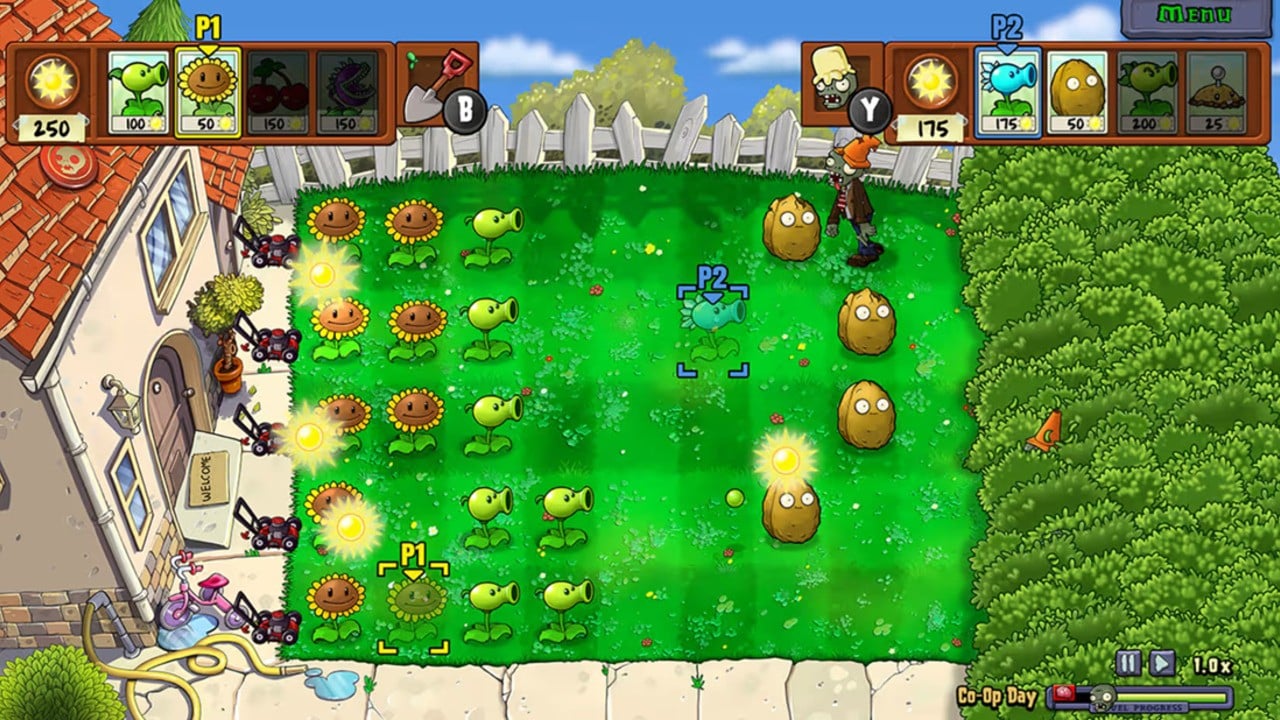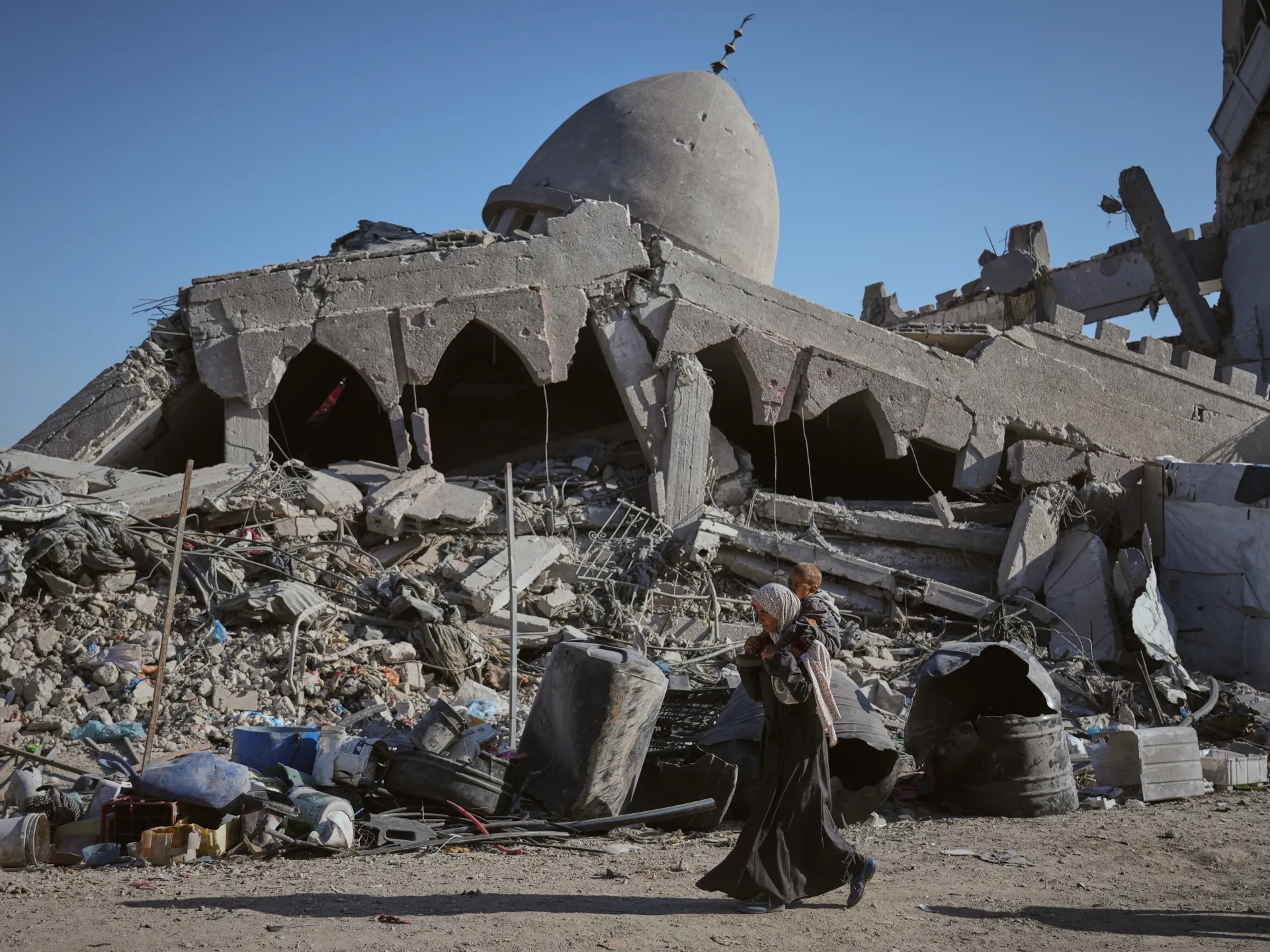Copyright trinidadexpress

THROUGHOUT her 16-year career as a medical doctor, president of the Caribbean College of Family Physicians, Dr Marie Joanna Francis, has attended to dozens of cancer patients, some of whom have lost their lives to the disease. One thing that never escapes her notice is how quickly the breast can become an object of negativity, fear and even shame. With a breast cancer diagnosis, the breast, in many cases, becomes the enemy. But Francis is putting forward a new perspective; that far from being the enemy — the breast is a beautiful organ. And even though breast cancer is one of the most common cancers among women — there is hope — with early detection and timely care, outcomes can be very positive, she said. Francis was driving to Port of Spain early one morning and reflecting on the pink ribbons that have come to symbolise a global call to action in the fight against breast cancer, when the phrase “beauty of the breast” popped into her head. “The breast is a remarkable part of the human body,” she said. “It changes and grows through life — from puberty to motherhood, and plays an important role not only in nurturing life but also in shaping a woman’s sense of identity and confidence. It comes in all shapes, sizes and colours — and that in itself is beautiful. And it has many functions — it is the first food of life and is also used to nurture a lover. And then when a woman bears a child, the breast changes to an organ of life, providing food and nutrition and building the immune system of the baby.” But the breast has another extraordinary ability - it speaks to us; when something isn’t right, it shows us through changes in appearance, texture and sensation, she added. The breast’s ability to communicate is the reason why Francis calls it “the beauty of the breast”. “It allows us to act early, to protect our health and to live longer, fuller lives,” said Francis, who, among her many functions, is the senior medical officer and head of the Police Health Facility which manages the healthcare of active police officers, retired officers, fire officers and recruits in the Trinidad and Tobago Police Service and Fire Service. Some of these changes of the breast include: —Unusual lumps or thickening —Dimpling or puckering of the skin —Discharge or inversion of the nipple —Redness or swelling —Persistent pain or tenderness When a woman notices those changes, it is only natural for her to feel fear or anxiety, said Francis. However, those emotions may dissuade women from getting a mammogram. So the physician reminds patients — women and men (men also get breast cancer), that knowledge is power and early detection saves lives. “Today, medicine has advanced in remarkable ways. Treatments are more effective, recovery rates are higher and support systems are stronger than ever - especially when cancer is found early,”assured Francis. “Across T&T, there are many compassionate, qualified healthcare professionals — family doctors, specialists both publicly and privately and nurses — ready to guide you through every step, from screening to care and recovery.” Francis is not just a physician, she advocates for her patients - and her colleagues. Her parents, who were both pastors, instilled in her the importance of helping others. Even as a child she showed an inclination towards medicine; she would “treat” her dollies and not hesitate to dissect a dead lizard if she found one. That care and compassion is indispensable in the medical profession where Francis approaches the patient as a whole entity and tailors the healthcare management according to the individual, seeking the best outcome to improve the patient’s overall health and functionality. Besides her day-to-day duties, she has engaged in community outreach, offered her services as a medical doctor and counsellor at a home for abused and battered children that she helped establish and became a medical mission doctor at special clinics for Amerindians living in Lethem, Guyana and Brazil. When Francis sits across from a woman who has discovered a lump in her breast, she can empathise with the patient. That’s because she has had a very personal history with the disease — her grandmother had breast cancer and became a strong advocate, helping women understand and know their breasts. Francis’ mother also had cancer — gall bladder. Upon diagnosis she was given two weeks to live and held on for nine months. Her own experiences with tragedy and loss have informed the way Francis treats her patients. “Cancer, especially breast cancer, impacts the way a woman sees herself; I have come across patients who don’t even want to look at their breasts in the mirror. And many women struggle silently — but no woman should ever feel left behind. Although I have experienced the loss of many patients, I tell each and every one of them that I will go the distance for them, I will do everything I can to help them while they are alive,” said Francis. The women who continue to fight, heal and thrive should be celebrated. And conversations about breast cancer should not be reserved only for October but should continue all year long as awareness leads to early detection and better outcomes, she stressed. “When I speak of the beauty of the breast, I mean this: it is a vital, life giving, expressive part of who we are that deserves our attention, respect and our care,”said Francis.



